Colorado Republican Representative Lauren Boebert claimed teachers didn't announce their marital status when she was a young student.
Boebert made the claim in response to a clip of White House Press Secretary Karine Jean-Pierre criticizing Florida officials for the state's controversial "Don't Say Gay" law which, per its language, prohibits “a school district from encouraging classroom discussion about sexual orientation or gender identity in primary grade levels or in a specified manner."
Boebert, who has often been criticized for homophobic and transphobic rhetoric, tweeted:
"Growing up, I don't recall teachers announcing their marital status [and] pronouns to everyone. They're there to educate. How is this still a complaint of the Left?"
You can see Boebert's tweet below.
While Boebert questioned why Democrats would "complain" about a law critics say limits the abilities of LGBTQ+ teachers to talk about their personal lives while their heterosexual colleagues can proceed with business as usual, many were quick to note her faulty logic.
They noted that teachers often discuss their personal lives with their students and that this happens across the nation on a regular basis.
Many said while Boebert may not remember teachers sharing their gender or marital status while she attended school, they certainly did.
This isn't the first time Boebert was criticized for apparently misunderstanding the purpose of preferred gender pronouns.
Last year, Boebert was mocked after she said her "pronoun is patriot."
Boebert also drew criticism after she made the absurd claim that Democrats are "trying to get rid of parents" in response to the House's approved rules about the language that would be used in official documents as part of an effort to include more inclusive language.

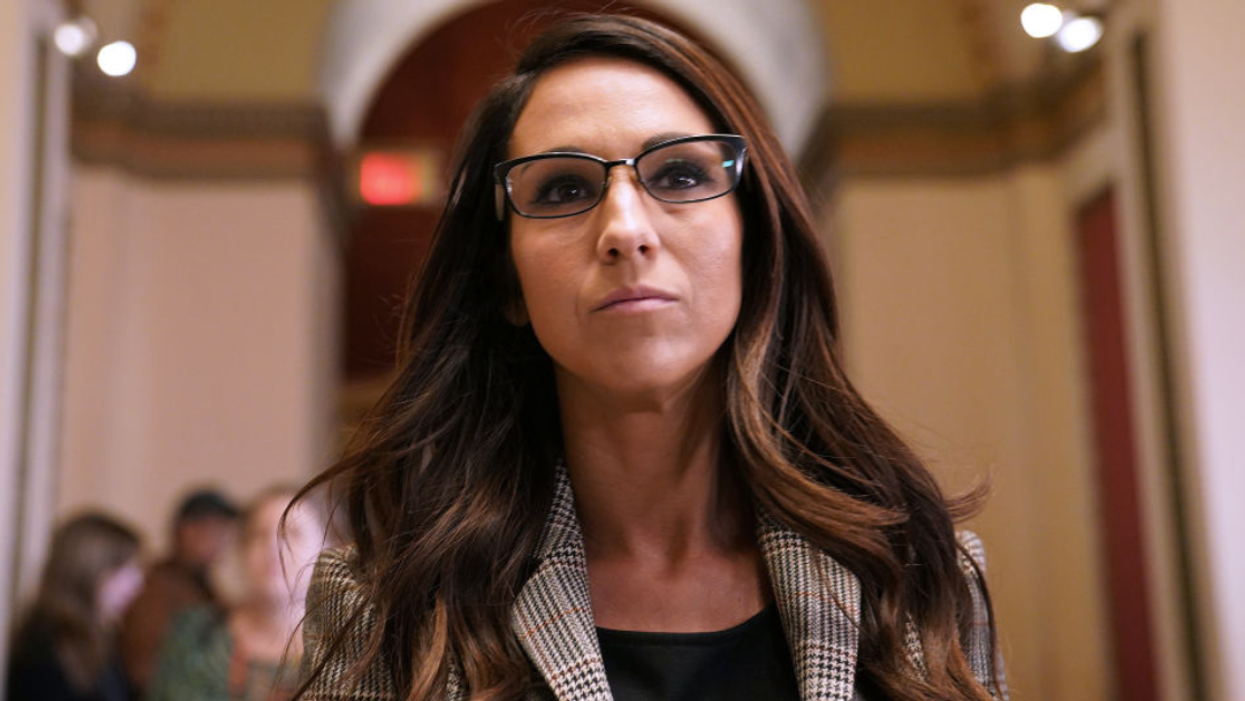

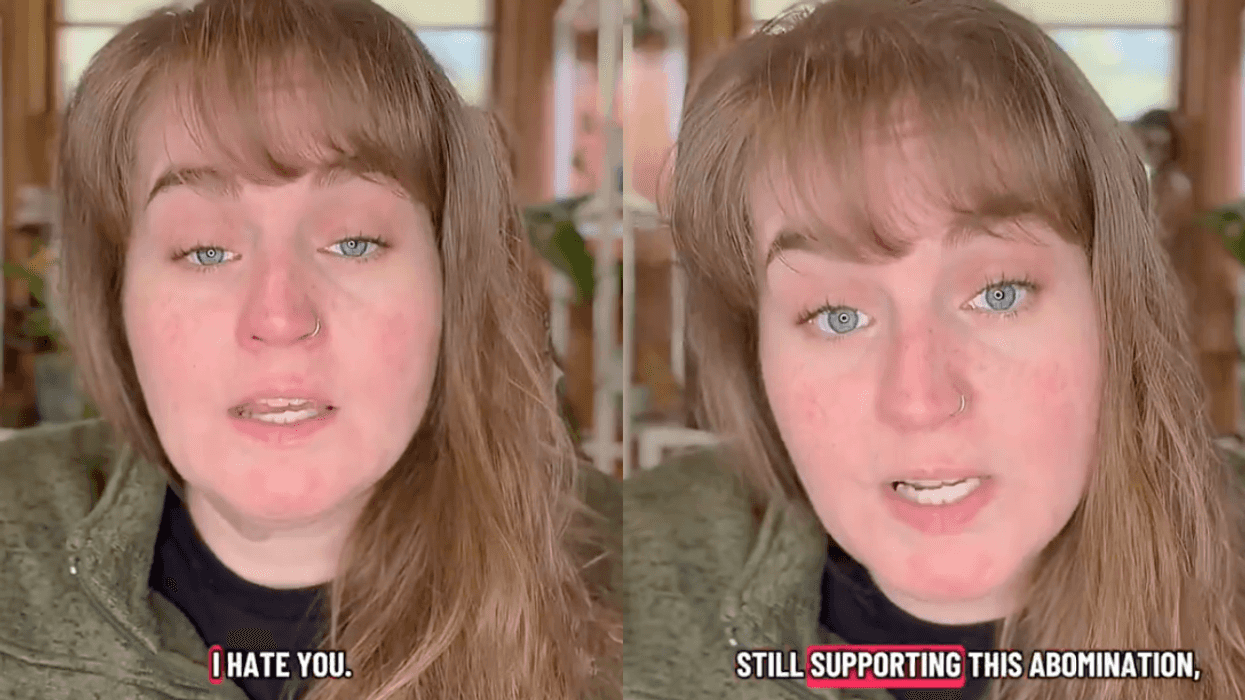
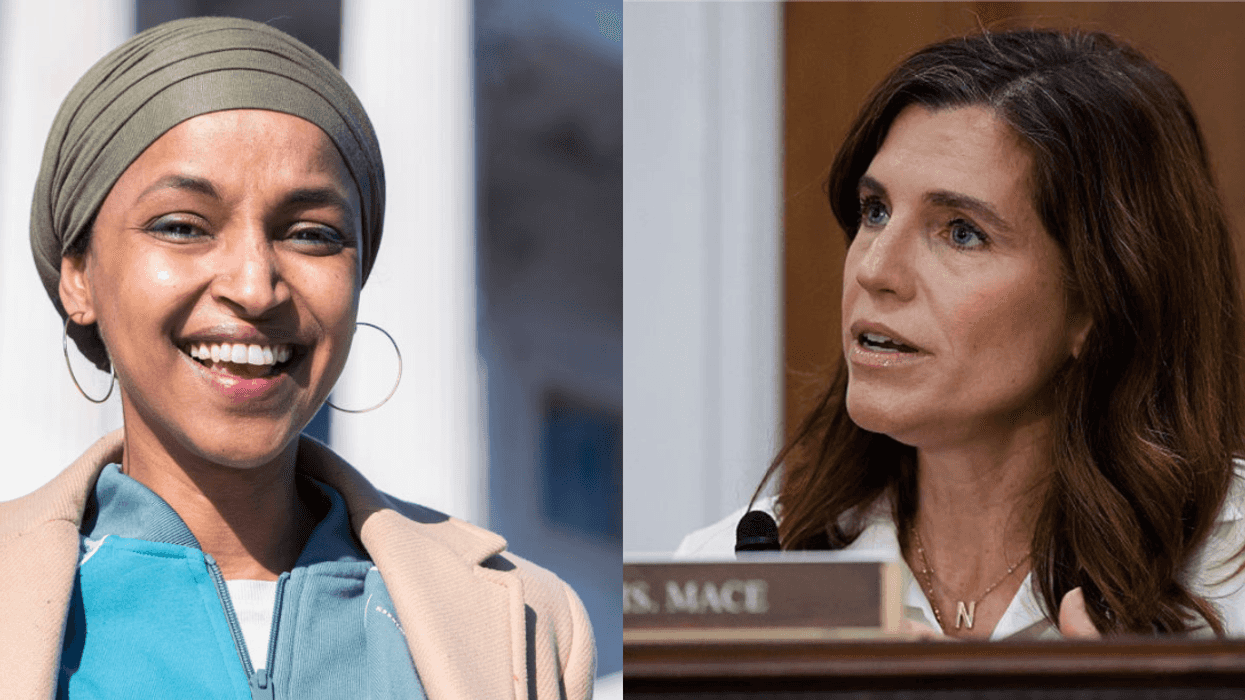



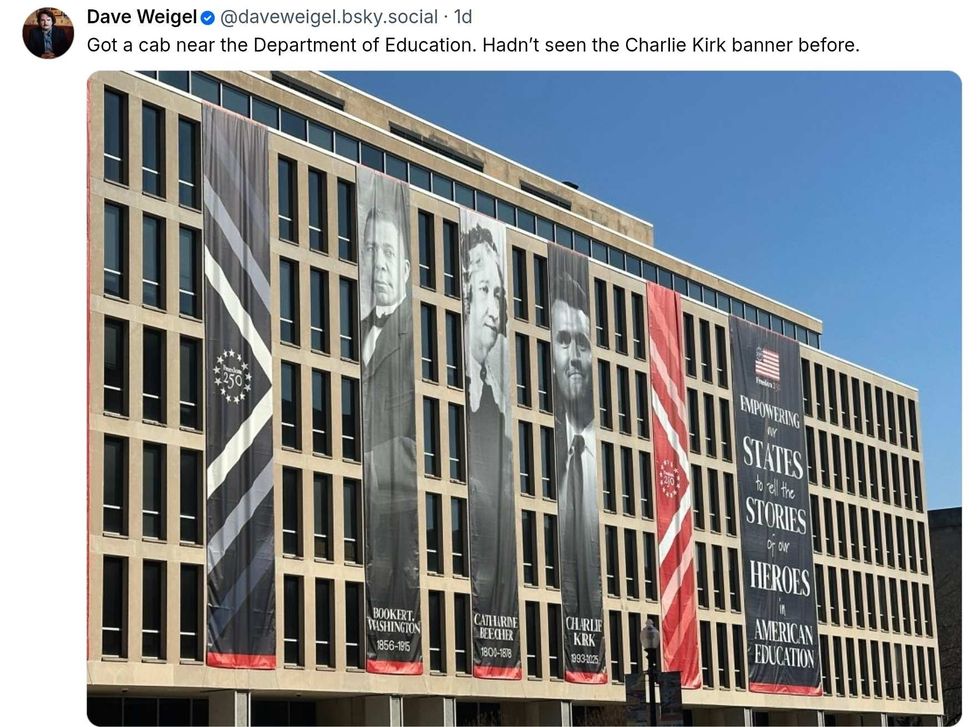 @daveweigel/Bluesky
@daveweigel/Bluesky


 r/Teachers/Reddit
r/Teachers/Reddit r/Teachers/Reddit
r/Teachers/Reddit r/Teachers/Reddit
r/Teachers/Reddit r/Teachers/Reddit
r/Teachers/Reddit r/Teachers/Reddit
r/Teachers/Reddit r/Teachers/Reddit
r/Teachers/Reddit r/Teachers/Reddit
r/Teachers/Reddit r/Teachers/Reddit
r/Teachers/Reddit r/Teachers/Reddit
r/Teachers/Reddit r/Teachers/Reddit
r/Teachers/Reddit r/Teachers/Reddit
r/Teachers/Reddit r/Teachers/Reddit
r/Teachers/Reddit r/Teachers/Reddit
r/Teachers/Reddit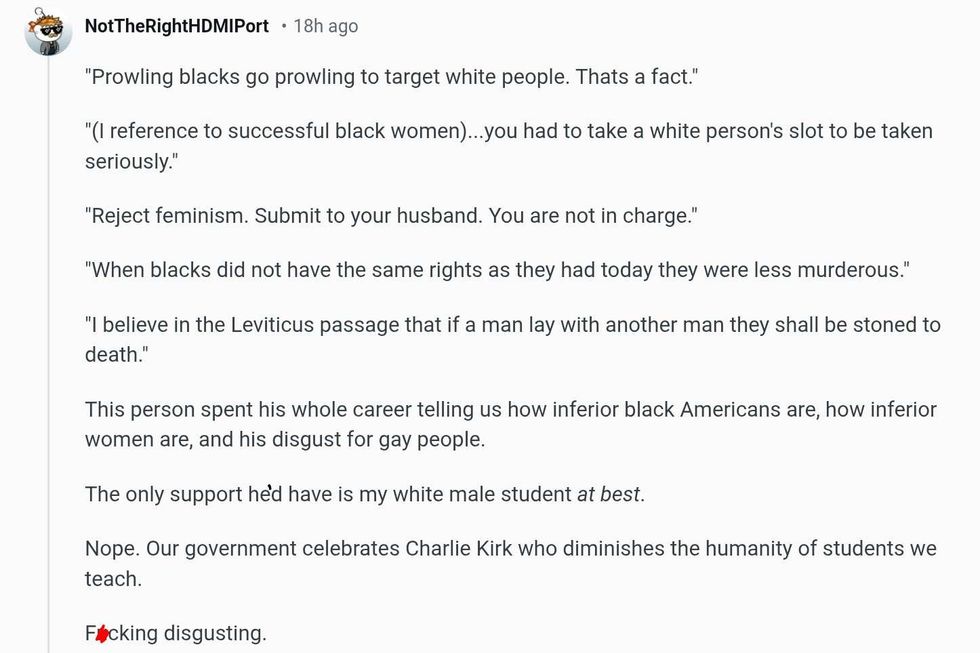 r/Teachers/Reddit
r/Teachers/Reddit r/Teachers/Reddit
r/Teachers/Reddit r/Teachers/Reddit
r/Teachers/Reddit r/Teachers/Reddit
r/Teachers/Reddit r/Teachers/Reddit
r/Teachers/Reddit r/Teachers/Reddit
r/Teachers/Reddit



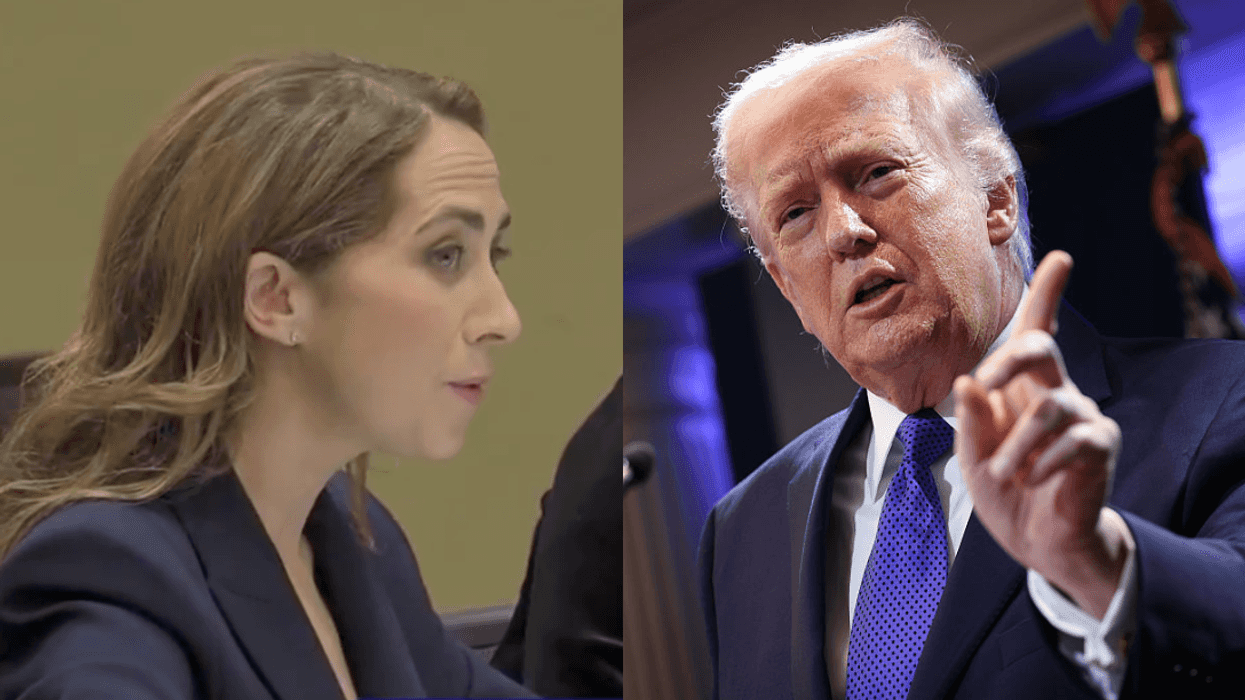

 @charmargolis/Instagram
@charmargolis/Instagram @charmargolis/Instagram
@charmargolis/Instagram @charmargolis/Instagram
@charmargolis/Instagram @charmargolis/Instagram
@charmargolis/Instagram @charmargolis/Instagram
@charmargolis/Instagram @charmargolis/Instagram
@charmargolis/Instagram @charmargolis/Instagram
@charmargolis/Instagram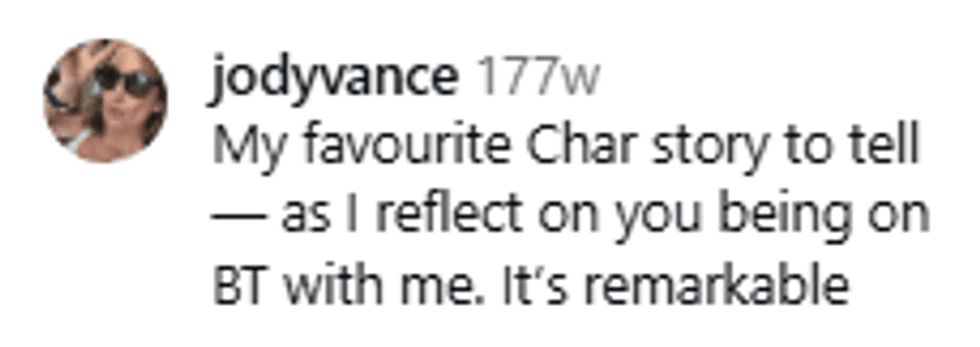 @charmargolis/Instagram
@charmargolis/Instagram @charmargolis/Instagram
@charmargolis/Instagram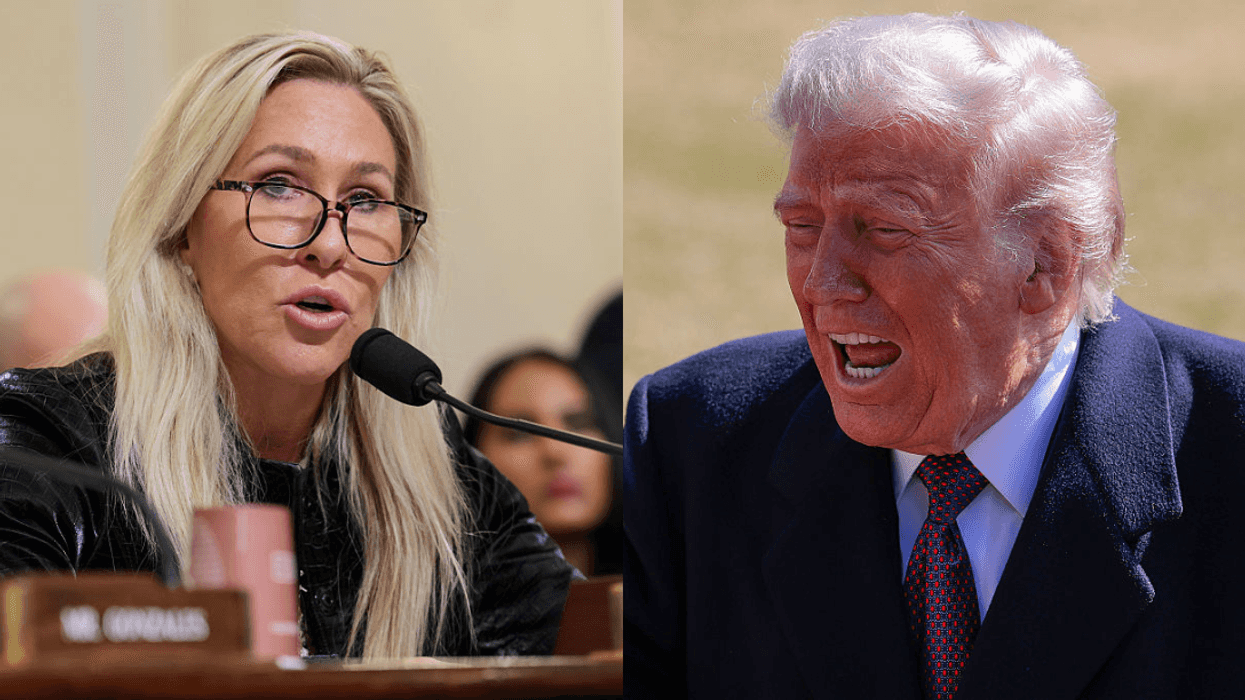
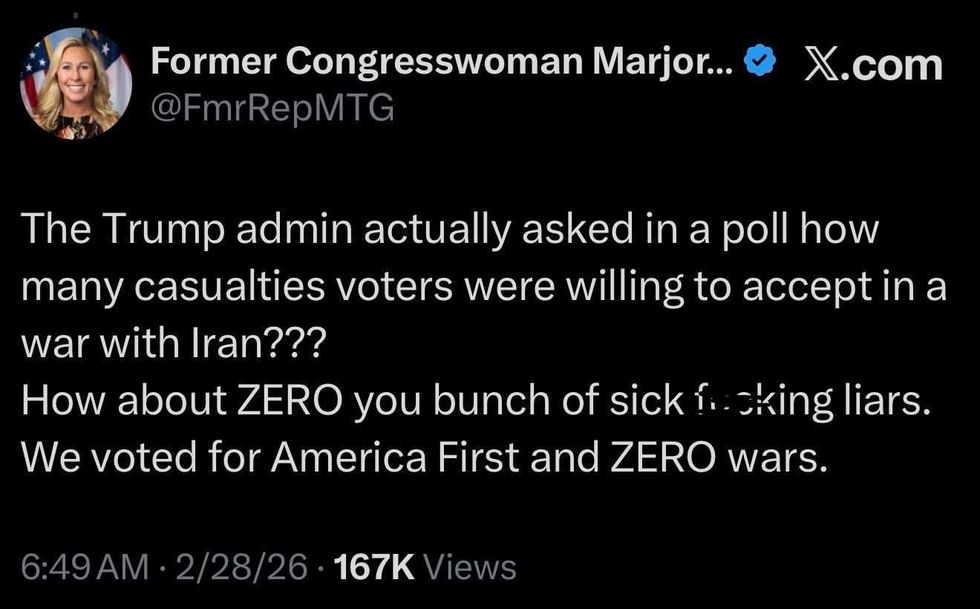 @FmrRepMTG/X
@FmrRepMTG/X
 u/Petite-Belette/Reddit
u/Petite-Belette/Reddit u/FliteCast/Reddit
u/FliteCast/Reddit u/philonous355/Reddit
u/philonous355/Reddit u/AmericanAsian1125/Reddit
u/AmericanAsian1125/Reddit u/AnniversaryRoad/Reddit
u/AnniversaryRoad/Reddit u/mindthegoat_redux/Reddit
u/mindthegoat_redux/Reddit u/Emperor-Octavian/Reddit
u/Emperor-Octavian/Reddit